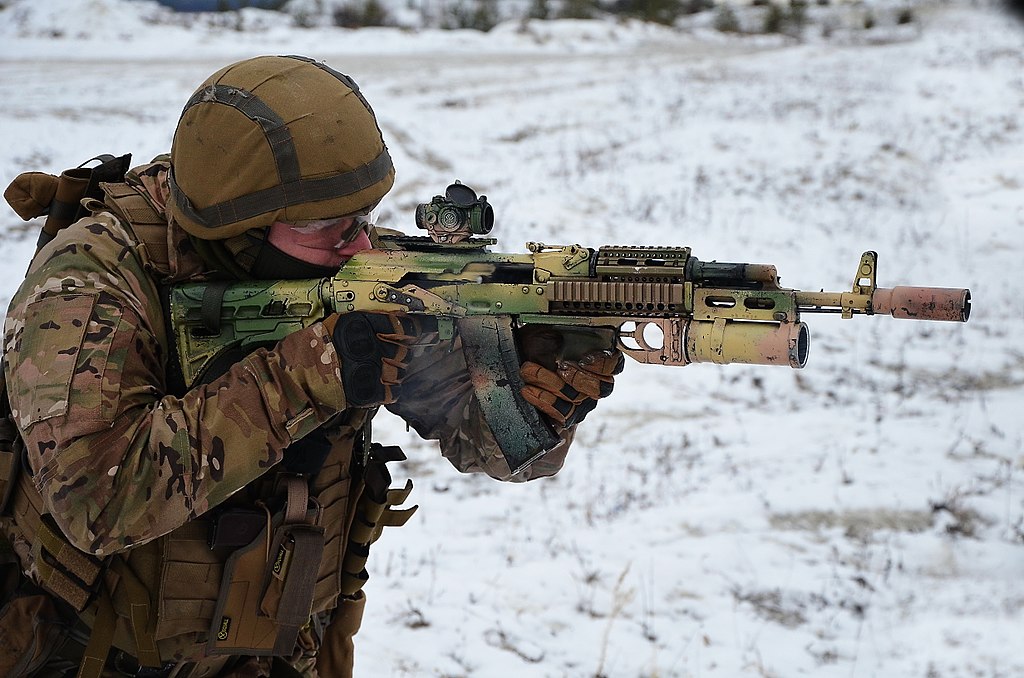Find Luke‘s other articles On Brussels here.
As Christmas rolls around again, many in Brussels had been hoping that the long-sought period of post-Brexit reflection could finally come to pass. This is not to be.
On 22 November, Austria entered its fourth lockdown of the pandemic. The move came just days after the government in Vienna had announced curbs on the unvaccinated. With a vaccination rate hovering at around two-thirds, Austria has been grappling with a fresh wave of infections.
The move by Vienna came just days after both the Netherlands and Belgium had announced fresh packages of restrictions. In Brussels, it means that EU diplomats are once again working from home as far as possible.
But it is the backlash to these measures that seems to have taken politicians by surprise.
In Rotterdam, Brussels and Vienna, large scale protests have had to be quelled by police. Arrests, arson and force have been seen on the streets of cities that would normally be filled with Christmas markets and shoppers.
This might be what led Germany’s then-Health Minister Jens Spahn to say that “Germans will be vaccinated, cured or dead by the end of this winter”, on the same day as Austria went back into lockdown. Germany is also grappling with a sharp rise in infections and has already placed restrictions on the unvaccinated. Some states are going even further, with Bavaria and Saxony having closed their famous Christmas markets. Despite this, the bluntness of Spahn’s words still caught many off-guard.
The anger against politicians is palpable across the bloc. People are tired of the pandemic, and restrictions have mostly lost the popular support they enjoyed a year ago. But this anger does appear to be directed at individual governments, as opposed to the EU itself.
This gives Brussels some space to look at its growing problem to the east: Ukraine. Once again, Ukraine finds itself in the firing line through no fault of its own.
No sooner had Belarus pulled back migrants from its EU borders with Poland, Lithuania and Latvia, then Russia stirred.
For months now, Russia has been amassing troops along its border with Ukraine. This would normally be “business as usual” in the post-2014 relationship between the two countries. But intelligence reports emerging from Kyiv and Washington suggest that events could well take a darker turn.
There is a real, mounting fear that Russia could soon invade Ukraine, in a much greater, far-reaching way than it did in 2014. The fact that Belarus, to Ukraine’s north, is so closely allied to Moscow is also driving fears that any invasion could come from the north, the east, and the south through occupied Crimea.
Ukraine borders several EU members: Poland, Slovakia, Hungary and Romania. Any invasion of Ukraine would have real potential of spilling over into the EU as people would need to flee the Russian advance.
On 8 December, Washington addressed the problem directly, when Biden and Putin held a US-Russia summit, the third such of Biden’s presidency. Biden warned of tough international sanctions should Putin invade, but ruled out sending American troops to Ukraine.
Brussels, Washington and many other nations the world over are presenting a united front against Russia, urging Moscow to change course. It is not yet clear whether or not this will work.
Over the last decade, the EU has moved from one crisis to the next — from the Eurozone crash, to the invasion of Ukraine, to Greece’s third crash, to Brexit, to a pandemic. Many of these crises have been outside of the EU’s control. Now, what are easily the two most existential crises — the pandemic and Russian aggression — are coming back to the fore. What happens next remains to be seen.

